Plenary Panel - Natural Regeneration Strategies in Forest Landscape Restoration
Practitioners in landscape scale restoration programs are pursuing forest cover for a suite of public and private benefits across extremely diverse site conditions. What will practitioners need to know to be successful as they commit time, energy, and resources to large scale restoration? How do passive restoration strategies, such as assisted natural regeneration, and active restoration strategies, such as tree planting, result in different outcomes? How do you assess site conditions at the start of a project and use that information to decide on the best pathway forward? This panel will discuss the critical ecological perspectives relevant for forest restoration and outline a vision for sound restoration practices globally.
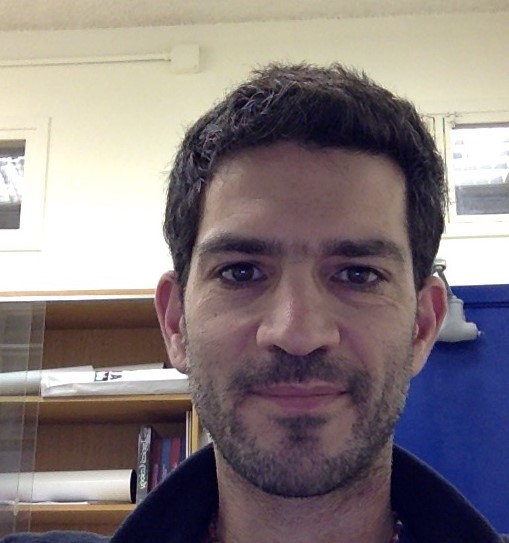 Dr. Rakan Zahawi is the Director of Lyon Arboretum and a faculty member in the Department of Botany at the University of Hawaii Mānoa. His research focuses on ecological concepts of forest recovery in degraded tropical habitats with the goal of developing cost-effective strategies to facilitate or accelerate this process. Much of his work focuses on the Neotropics, where he has conducted research evaluating applied nucleation, the use of large vegetative cuttings, and the potential for utilizing agricultural waste to aid in restoration practices. He has also examined forest dynamics and plant succession in fragmented tropical landscapes and quantified land use change patterns over long-time scales.
Dr. Rakan Zahawi is the Director of Lyon Arboretum and a faculty member in the Department of Botany at the University of Hawaii Mānoa. His research focuses on ecological concepts of forest recovery in degraded tropical habitats with the goal of developing cost-effective strategies to facilitate or accelerate this process. Much of his work focuses on the Neotropics, where he has conducted research evaluating applied nucleation, the use of large vegetative cuttings, and the potential for utilizing agricultural waste to aid in restoration practices. He has also examined forest dynamics and plant succession in fragmented tropical landscapes and quantified land use change patterns over long-time scales.
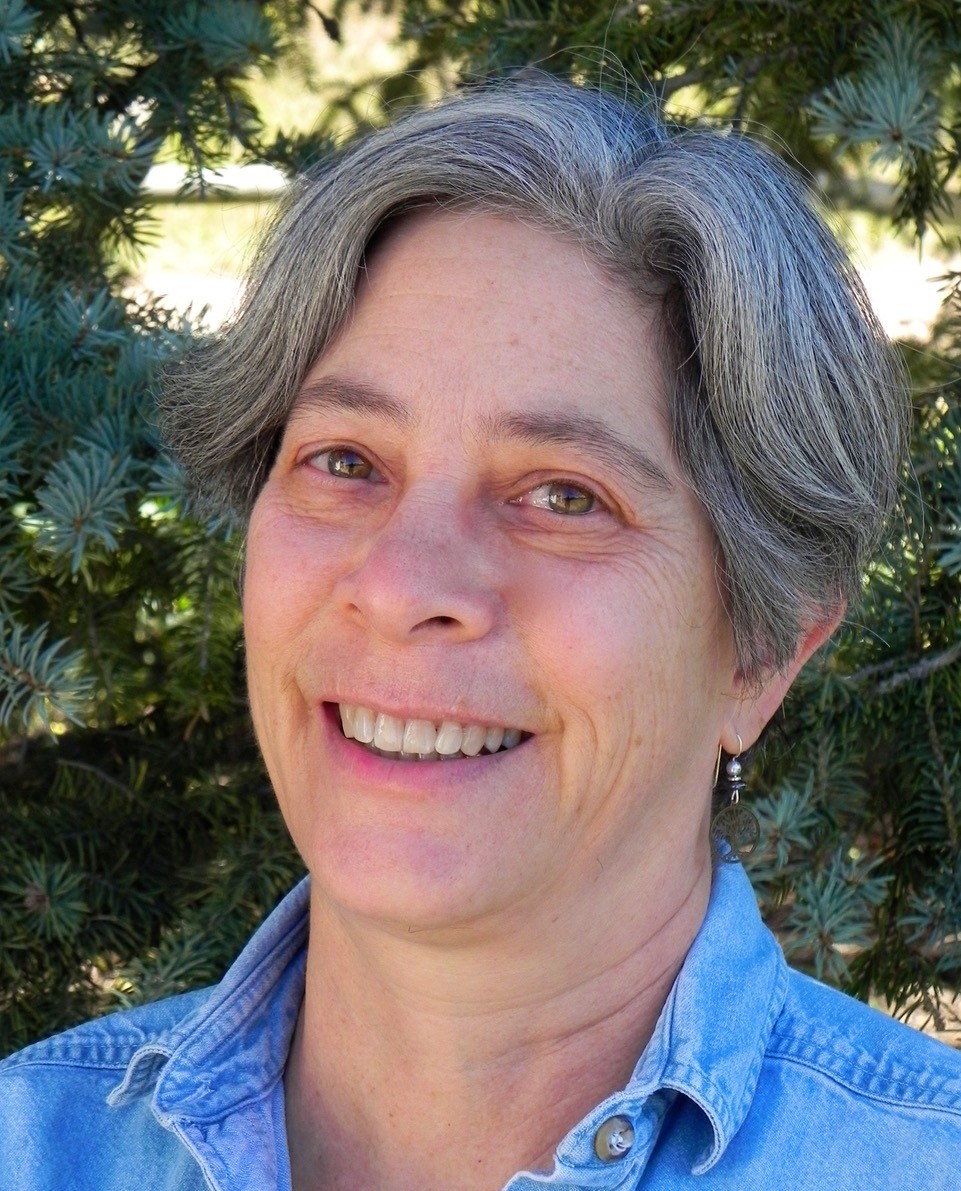 Dr. Robin Chazdon is Professor Emerita in the Ecology and Evolutionary Biology Department at the University of Connecticut and part-time Research Professor with the Tropical Forests and People Research Centre at the University of the Sunshine Coast in Queensland, Australia. Her research focuses on successional pathways, forest regeneration, forest and landscape restoration, and ecosystem services. She recently served as the Executive Director of the Association for Tropical Biology and Conservation and as Director of the NSF-funded Research Coordination Network PARTNERS (People and Reforestation in the Tropics). She has authored or co-authored over 200 peer-reviewed scientific articles, book chapters, and books.
Dr. Robin Chazdon is Professor Emerita in the Ecology and Evolutionary Biology Department at the University of Connecticut and part-time Research Professor with the Tropical Forests and People Research Centre at the University of the Sunshine Coast in Queensland, Australia. Her research focuses on successional pathways, forest regeneration, forest and landscape restoration, and ecosystem services. She recently served as the Executive Director of the Association for Tropical Biology and Conservation and as Director of the NSF-funded Research Coordination Network PARTNERS (People and Reforestation in the Tropics). She has authored or co-authored over 200 peer-reviewed scientific articles, book chapters, and books.
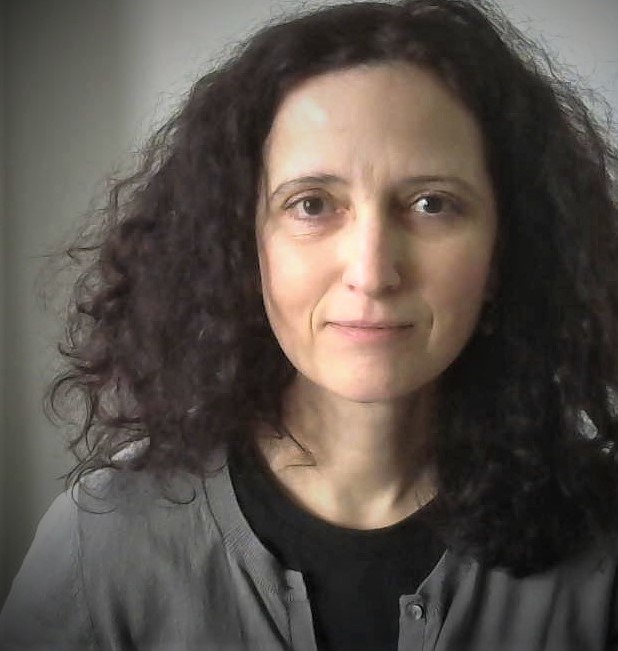 Dr. Victoria Gutierrez has worked at the interface of science, implementation and policy, representing the NGO perspective. She does independent consulting and was the previous Chief Science Officer for WeForest. She has led a career implementing science and supporting community interests in restoration programs around the world.
Dr. Victoria Gutierrez has worked at the interface of science, implementation and policy, representing the NGO perspective. She does independent consulting and was the previous Chief Science Officer for WeForest. She has led a career implementing science and supporting community interests in restoration programs around the world..png) Moderator: Dr. Liza Comita is a Professor of Tropical Forest Ecology at the Yale School of Forestry and Environmental Studies. Her work focuses on the ecological mechanisms driving patterns of diversity, dynamics, and species distributions in both pristine and human-altered tropical forests. Her research combines extensive field studies of forest dynamics with cutting-edge statistical techniques to produce novel insights into the processes driving tropical forest regeneration and structuring these diverse ecological communities.
Moderator: Dr. Liza Comita is a Professor of Tropical Forest Ecology at the Yale School of Forestry and Environmental Studies. Her work focuses on the ecological mechanisms driving patterns of diversity, dynamics, and species distributions in both pristine and human-altered tropical forests. Her research combines extensive field studies of forest dynamics with cutting-edge statistical techniques to produce novel insights into the processes driving tropical forest regeneration and structuring these diverse ecological communities.
Plenary Panel - Envisioning Critical Restoration Ecologies
This panel brings together three critical social scientists who interrogate the oft-hidden relations of power embedded within discourses and practices of ecological restoration to imagine different ways of being. In particular, these incredible and incisive scholars privilege feminist and indigenous perspectives to rethink the complex and fraught politics of restoration. Through their work, we find the space to ask ourselves just what we envision when we think of “Restoration for What and for Whom.” In doing so, they remind us that ensuring planetary survival will require that we find new ways to call in diverse perspectives and knowledges, amplifying seldom-heard voices, to come up with new solutions.
Dr. Juanita Sundberg is an Associate Professor of Geography at the University of British Columbia. She brings the insights of feminist political ecology and the sensibilities of an ethnographer to bear on nature conservation, border security, and militarization. Her work seeks to foster conversations between feminist geopolitics, critical race theory, posthumanism, political ecology, and Latin American Studies. Her current project examines the environmental dimensions of United States’ border security policies in the United States-Mexico borderlands, with a specific focus on protected areas like national wildlife refuges.
Dr. Rebecca Lave is an Associate Professor in Geography at Indiana University. Her research takes a critical physical geography approach, combining political economy, STS, and fluvial geomorphology to focus on the construction of scientific expertise, market-based environmental management, and stream restoration. She has published in journals ranging from Science to Social Studies of Science, and is the author of Fields and Streams: Stream Restoration, Neoliberalism, and the Future of Environmental Science, and the lead editor of the Handbook of Critical Physical Geography.
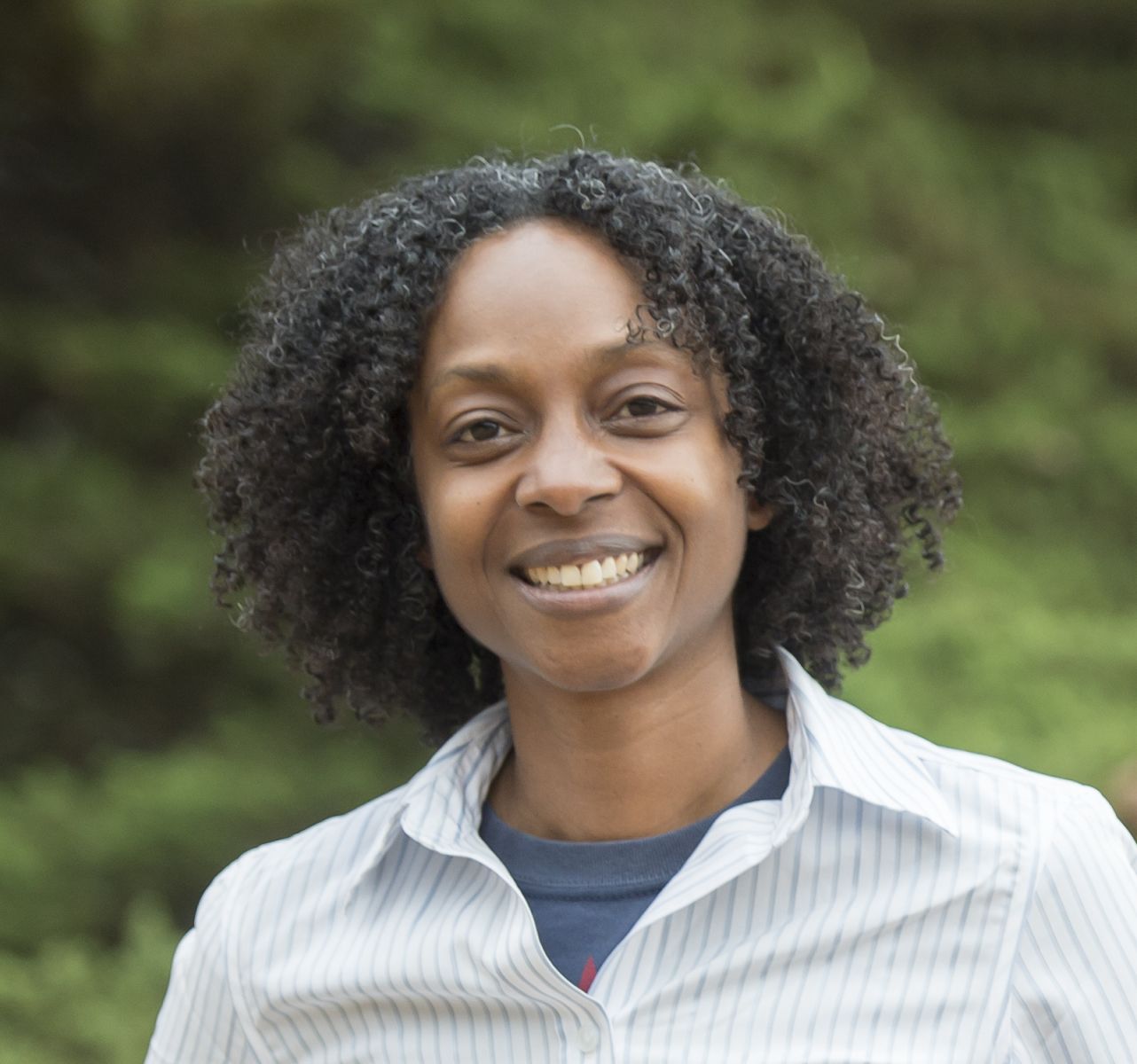
Dr. Tracey Osborne is Associate Professor and Presidential Chair in the Management of Complex Systems Department at the University of California, Merced. Her research focuses on the social and political economic dimensions of climate change mitigation in tropical forests and the role of Indigenous Peoples, the politics of climate finance (with particular emphasis on carbon markets), global environmental governance, and climate equity and justice. She has worked on these issues globally with extensive field experience in Mexico and the Amazon (Peru, Ecuador and Guyana). She also directs the Climate Alliance Mapping Project, a collaborative effort between academics, environmental non-governmental organizations, and Indigenous organizations working for a socially-just response to climate change through research, maps and digital stories.
.jpg) Moderator: Samara Brock is pursuing her PhD at the School of Forestry and Environmental Studies. She holds a master’s in Community and Regional Planning from the University of British Columbia, and a master’s in Food Culture from the University of Gastronomic Sciences in Italy. She has worked on urban agriculture for non-profits in Cuba and Argentina, as a food systems planner for the City of Vancouver, and more recently as a program officer for the Tides Canada Foundation, funding nonprofit organizations working on complex conservation, climate change, and food security initiatives. Her current research builds on insights from feminist science and technology studies and critical food studies to examine how contrasting visions of the future of “the global food system” are formed by international experts and how these futures come to shape the worlds we live in today.
Moderator: Samara Brock is pursuing her PhD at the School of Forestry and Environmental Studies. She holds a master’s in Community and Regional Planning from the University of British Columbia, and a master’s in Food Culture from the University of Gastronomic Sciences in Italy. She has worked on urban agriculture for non-profits in Cuba and Argentina, as a food systems planner for the City of Vancouver, and more recently as a program officer for the Tides Canada Foundation, funding nonprofit organizations working on complex conservation, climate change, and food security initiatives. Her current research builds on insights from feminist science and technology studies and critical food studies to examine how contrasting visions of the future of “the global food system” are formed by international experts and how these futures come to shape the worlds we live in today.
Plenary Panel – Highlighting Women’s Voices in Grassroots Restoration
Too often, women who are experts in the realms of ecological restoration and conservation, and who are carrying out restoration projects with communities, are excluded from international conversations on science and policy. In this pivotal moment of environmental action, it more critical than ever to recognize the work of women who are leading the way in conservation and restoration. This panel brings together three women working in Uganda, Madagascar, and Kenya who are proven leaders in conservation and restoration, and who have worked with communities to carry out restoration at a grassroots level. By highlighting their incredible work, we recognize that when we amplify women's unique experiences and knowledge, we are better for it.
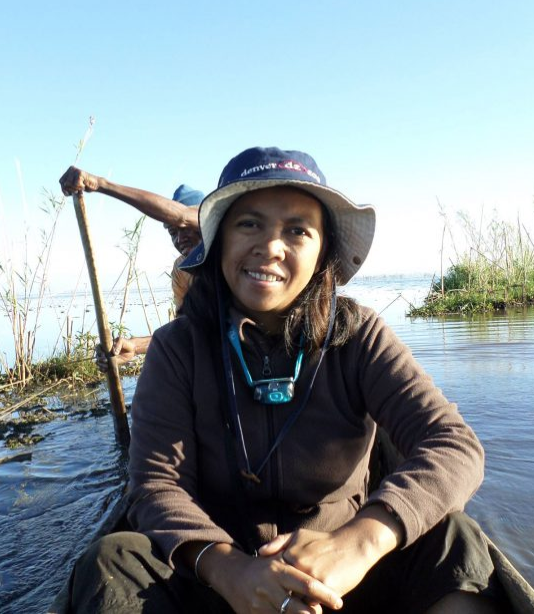
Dr. Sylviane Volampeno is the President and Founder of Mikajy Natiora, a Madagascar-based conservation association that undertakes community reforestation. She also works as a lecturer in the Department of Animal Biology at the University of Antananarivo. As a student, she studied Animal Biology at the University of Antananarivo (Madagascar) before receiving her Ph.D. in Zoology from the University of KwaZulu-Natal in South Africa, focusing on the Blue-eyed black lemur in the Sahamalaza-Iles Radama National Park in Madagascar. In 2013, she founded Mikafy Natiora, an organization that conducts research, disseminates findings to the public, and engages local communities in grassroots conservation activities.
Atalla-Joan Angom is a Senior Environment Officer / Ag. Natural Resources Officer working with Alebtong District Local Government in the Northern Region of Uganda. She was a speaker at the SER2019 World Conference on Ecological Restoration held in South Africa, where she spoke about Building community resilience towards climate change impacts through watershed restoration: under the theme of Social, cultural and philosophical dimensions - Restoration for socio-ecological resilience. She is also a former Fellow of the United Nations University Land Restoration Training Program (UNU - LRT).
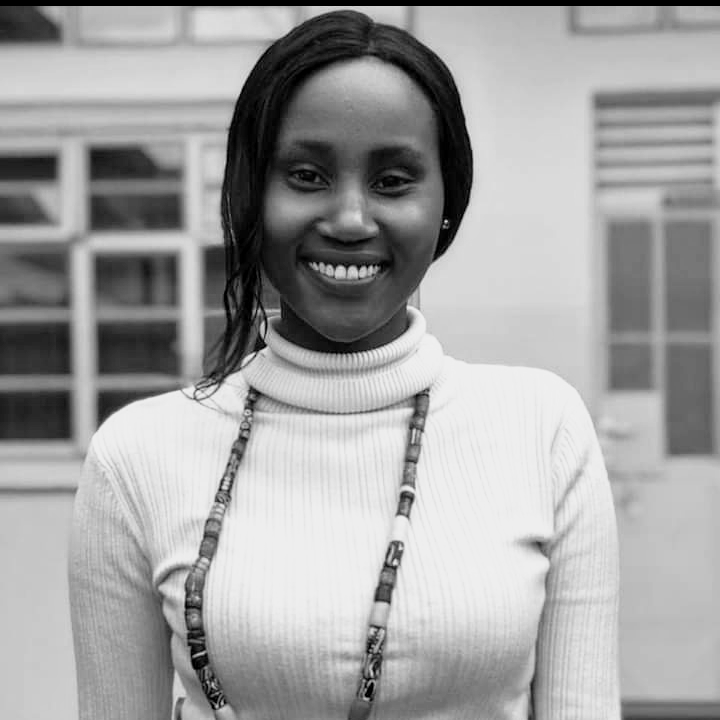 Beverly Mugure Gichiri is the Founder of Mugure Agriventures Limited in Kenya's Kajiado County. She is a passionate farmer and practicing permaculturalist who works to empower Maasai youth and women through agriculture. Through her work, Beverly aims to combat poverty and nurture young innovators, while fostering a sustainable community. She not only strives to advance farming policies, but she is also an advocate for the rights of girls in Kenya. In 2018, Beverly was named the Youth Champion in Agribusiness under an FAO/EAC Partnership. She was a 2019 Fellow as part of the Professional Fellows Program - Advancing Women Agribusiness Entrepreneurs and Innovators, hosted at Michigan State University.
Beverly Mugure Gichiri is the Founder of Mugure Agriventures Limited in Kenya's Kajiado County. She is a passionate farmer and practicing permaculturalist who works to empower Maasai youth and women through agriculture. Through her work, Beverly aims to combat poverty and nurture young innovators, while fostering a sustainable community. She not only strives to advance farming policies, but she is also an advocate for the rights of girls in Kenya. In 2018, Beverly was named the Youth Champion in Agribusiness under an FAO/EAC Partnership. She was a 2019 Fellow as part of the Professional Fellows Program - Advancing Women Agribusiness Entrepreneurs and Innovators, hosted at Michigan State University.
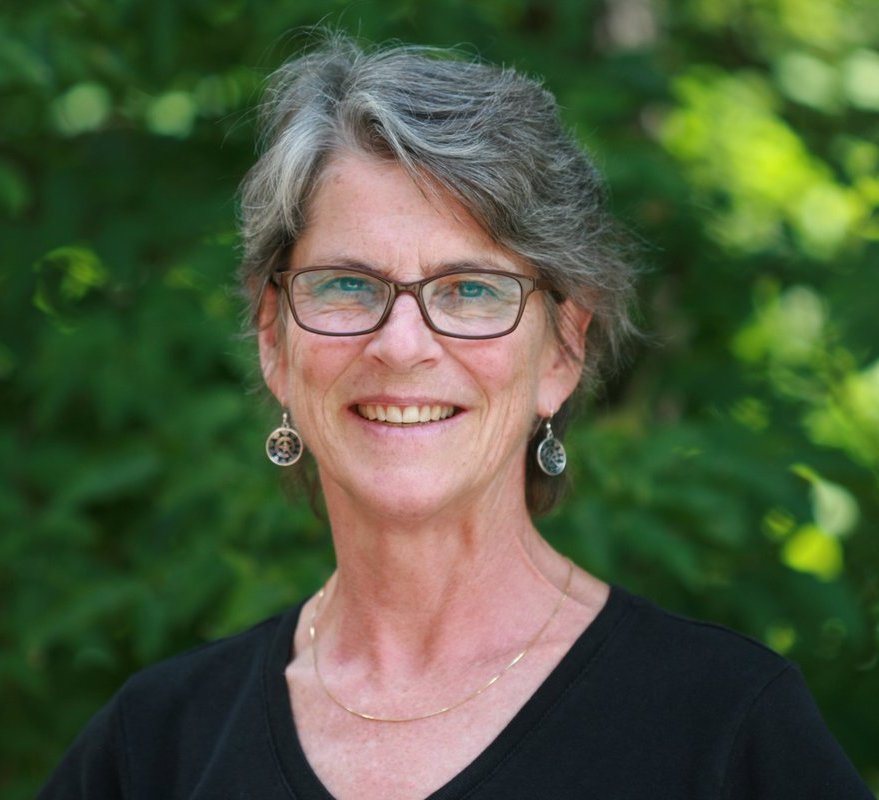 Moderator: Dr. Amy Vedder has worked in applied conservation for more than 30 years, using ecological and social science to conserve wildlife and wildlands. She currently teaches in the graduate program of the Yale School of Forestry and Environmental Studies, focusing on the practice of international conservation. Formerly, Amy served as Vice President at the Wildlife Conservation Society (WCS), Director of the WCS Africa Program, Senior Vice President for Conservation at The Wilderness Society (TWS), and senior advisor to the Rwandan Environment Management Authority. Amy is known for her pioneering ecological studies of mountain gorillas in Rwanda during the late 1970s and as co-founder, with her husband Dr. Bill Weber, of the Mountain Gorilla Project – an interdisciplinary program that addressed diverse local, national, and international interests.
Moderator: Dr. Amy Vedder has worked in applied conservation for more than 30 years, using ecological and social science to conserve wildlife and wildlands. She currently teaches in the graduate program of the Yale School of Forestry and Environmental Studies, focusing on the practice of international conservation. Formerly, Amy served as Vice President at the Wildlife Conservation Society (WCS), Director of the WCS Africa Program, Senior Vice President for Conservation at The Wilderness Society (TWS), and senior advisor to the Rwandan Environment Management Authority. Amy is known for her pioneering ecological studies of mountain gorillas in Rwanda during the late 1970s and as co-founder, with her husband Dr. Bill Weber, of the Mountain Gorilla Project – an interdisciplinary program that addressed diverse local, national, and international interests.
Artists Lecture - Cercle d'Art des Travailleurs de Plantation Congolaise: Perspectives from the Post-Plantation
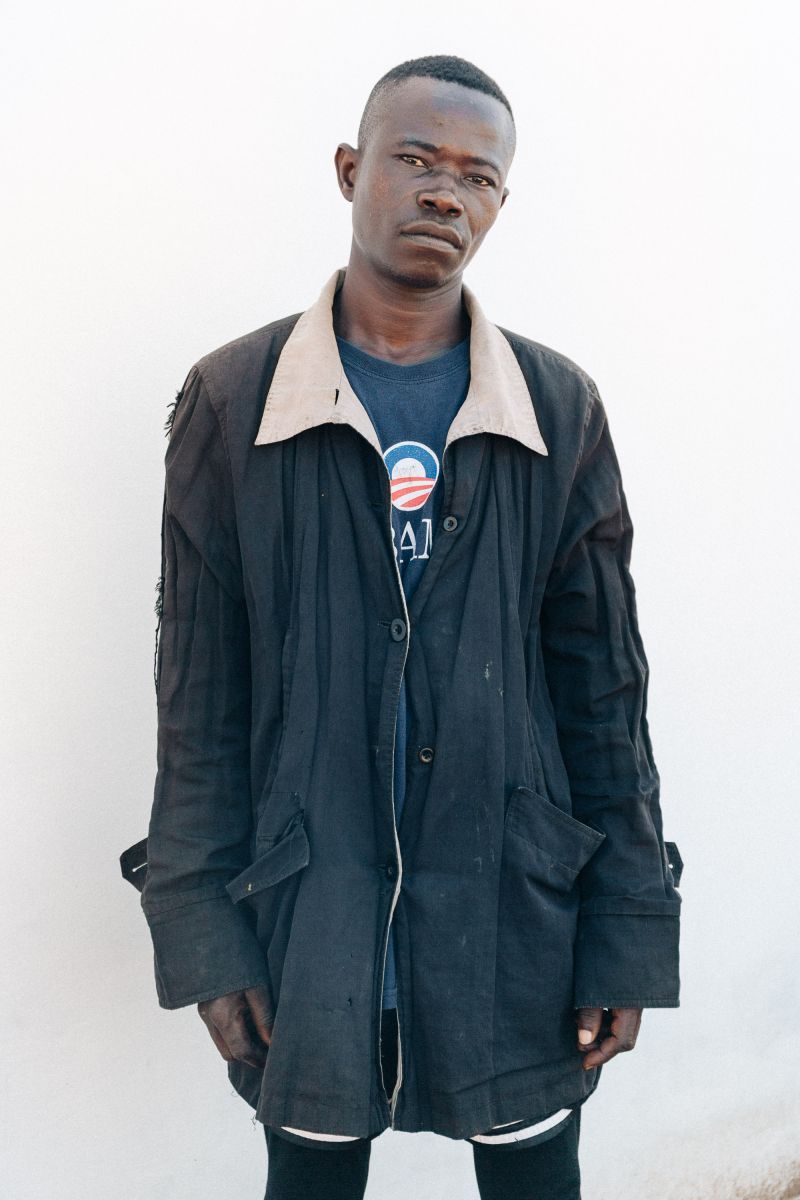
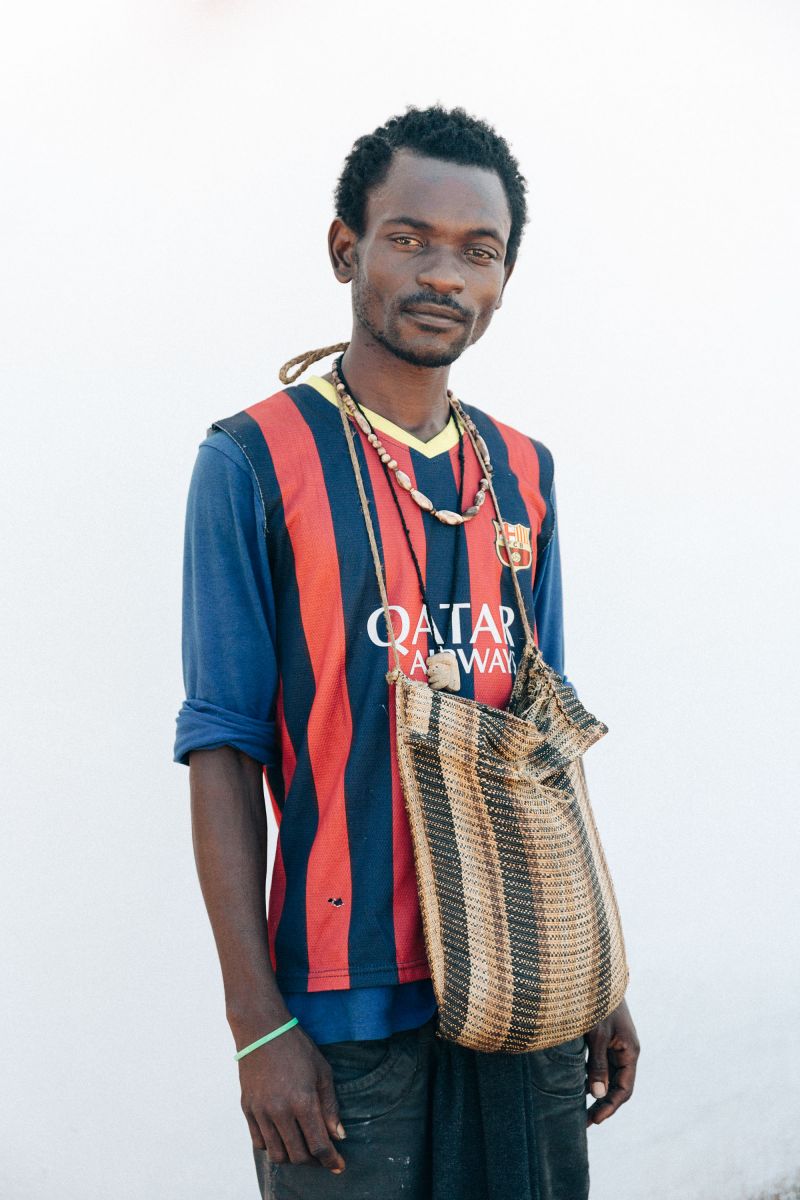
Mathieu Kasiama Ced'art Tamasala
The Cercle d'Art des Travailleurs de Plantation Congolaise (Congolese Plantation Workers Art League, CATPC) uses art to attract capital, legitimization, and visibility to the plantation. These sculptors operate from a former Unilever Plantation in Lusanga, where they opened an OMA-designed arts and research center. First molding from river clay, they then 3D print and cast their sculptures in chocolate and palm oil, creating pieces that critique and intervene in the exploitative economics of the global trade. Their first solo exhibition in the US was hailed by the New York Times as some of the Best Art of 2017. CATPC uses the income from art sales to buy back and restore their land, using the principles of agroforestry.
CATPC’s goal is to develop a new innovative model, inspired and co-financed by art: the post plantation. Providing local food security and restoring the land, their inclusive worker-owned model will provide a viable alternative to the prevailing destructive monoculture of palm-oil plantations.
Plenary Panel - Telling Stories of Resistance and Repair
Storytelling has a powerful role to play in shaping the narrative and influencing action around tropical forests, highlighting intersections with Indigenous rights, development, and corruption. What is the role of reporting in protecting forests, addressing climate change, keeping science relevant, and shifting culture and politics? How do we look at old issues - like deforestation and restoration - in new ways? Three journalists who report from the tropics will discuss their research methods, observations from the ground, and the kinds of stories that work.
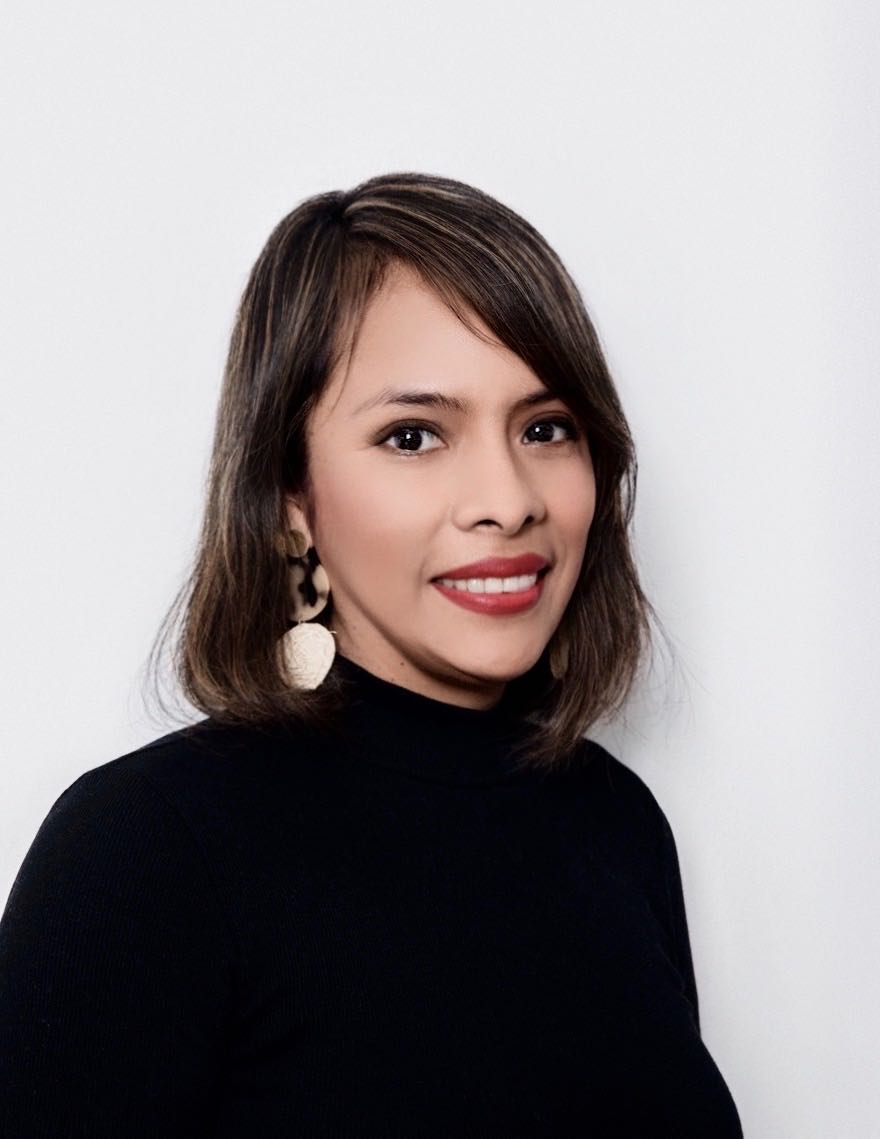 Nelly Luna Amancio is an investigative journalist specializing in stories on the environment, human rights, and corporate power. She is the Founder and Editor at OjoPúblico, an investigative media outlet that is widely read and referenced in Perú and in Latin America media. Nelly Luna participated in the Panama Papers global research that won the Pulitzer Prize in 2017. With her leadership, the OjoPúblico team has developed several cross-border investigations about environmental crimes and has received international and national awards. Nelly Luna is a member of the Advisory Committee of the Pulitzer Center on Crisis Reporting’s Rainforest Journalism Fund. @nellylun
Nelly Luna Amancio is an investigative journalist specializing in stories on the environment, human rights, and corporate power. She is the Founder and Editor at OjoPúblico, an investigative media outlet that is widely read and referenced in Perú and in Latin America media. Nelly Luna participated in the Panama Papers global research that won the Pulitzer Prize in 2017. With her leadership, the OjoPúblico team has developed several cross-border investigations about environmental crimes and has received international and national awards. Nelly Luna is a member of the Advisory Committee of the Pulitzer Center on Crisis Reporting’s Rainforest Journalism Fund. @nellylun
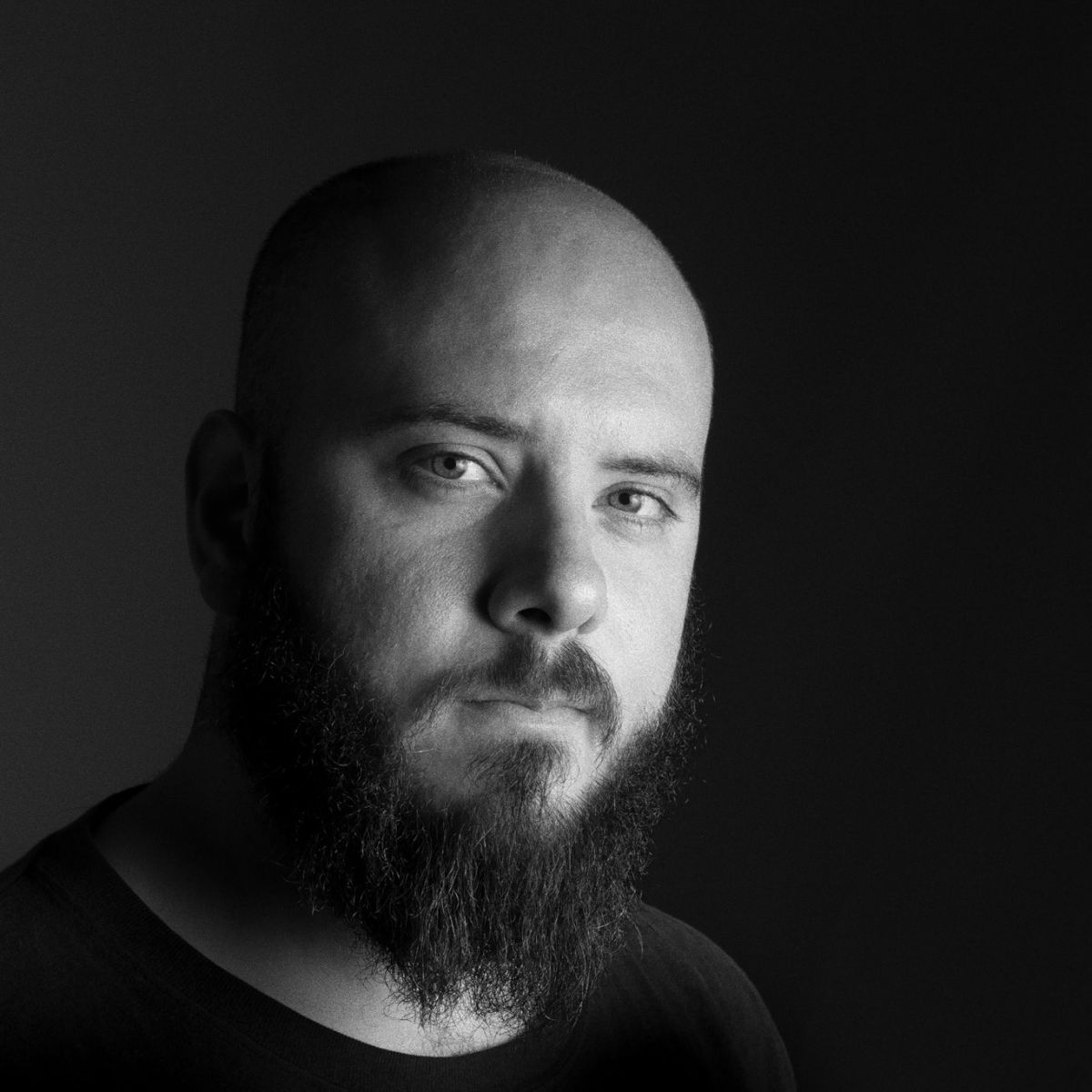 Pablo Albarenga (Montevideo, 1990) is National Geographic Explorer and a Pulitzer Center grantee. He works as a documentary photographer, cinematographer and visual storyteller exploring Human Rights issues in Latin America. Albarenga has dedicated his work to investigating, studying, and photographing the land conflicts that continue to affect traditional populations, threatened by huge development projects aiming to exploit the rich natural resources available such as minerals, wood and extensive agriculture. Follow his work more closely via Instagram (@pabloa.photo) or directly through his website: www.pabloalbarenga.com
Pablo Albarenga (Montevideo, 1990) is National Geographic Explorer and a Pulitzer Center grantee. He works as a documentary photographer, cinematographer and visual storyteller exploring Human Rights issues in Latin America. Albarenga has dedicated his work to investigating, studying, and photographing the land conflicts that continue to affect traditional populations, threatened by huge development projects aiming to exploit the rich natural resources available such as minerals, wood and extensive agriculture. Follow his work more closely via Instagram (@pabloa.photo) or directly through his website: www.pabloalbarenga.com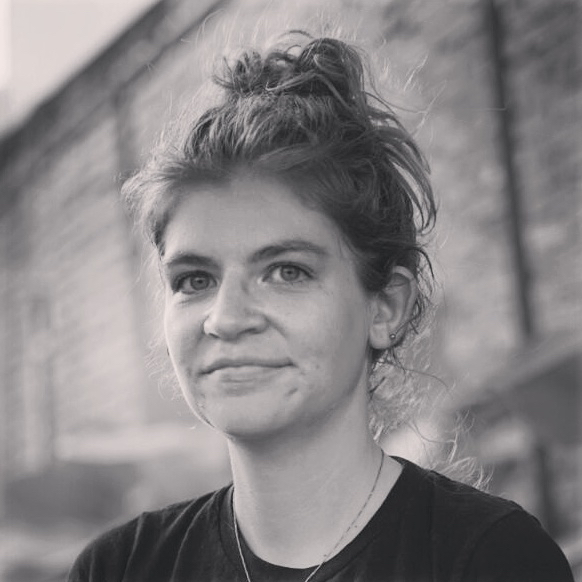 Aisyah Llewellyn is Deputy Editor of New Naratif (Indonesia). She is a former diplomat and a British journalist of five years standing based in Medan, North Sumatra, Indonesia. She is the Deputy Editor of New Naratif and has written for the Guardian, Al Jazeera, the South China Morning Post, Lowy Institute and Asia Times. She has a BA Indonesian from the School of Oriental and African Studies, University of London, is fluent in Bahasa Indonesia, and writes primarily about Indonesia politics and human rights.
Aisyah Llewellyn is Deputy Editor of New Naratif (Indonesia). She is a former diplomat and a British journalist of five years standing based in Medan, North Sumatra, Indonesia. She is the Deputy Editor of New Naratif and has written for the Guardian, Al Jazeera, the South China Morning Post, Lowy Institute and Asia Times. She has a BA Indonesian from the School of Oriental and African Studies, University of London, is fluent in Bahasa Indonesia, and writes primarily about Indonesia politics and human rights..png) Ranto Sibarani is a human rights lawyer based in Medan, Indonesia. He worked for over 10 years on the management board of KontraS in North Sumatra, a commission for disappeared peoples and victims of violence, and now works at New Naratif. Experienced in social and humanitarian work, he has been active in the North Sumatra Provincial Legislature as an expert in the Law and Government Commission for the past five years. He has been working with Aisyah Llewellyn on investigating human rights and environmental abuses in Indonesia.
Ranto Sibarani is a human rights lawyer based in Medan, Indonesia. He worked for over 10 years on the management board of KontraS in North Sumatra, a commission for disappeared peoples and victims of violence, and now works at New Naratif. Experienced in social and humanitarian work, he has been active in the North Sumatra Provincial Legislature as an expert in the Law and Government Commission for the past five years. He has been working with Aisyah Llewellyn on investigating human rights and environmental abuses in Indonesia. 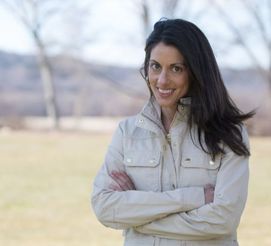 Moderator: Stephanie Hanes Wilson is a journalist and author who teaches at Yale University's School of Forestry and Environmental Studies. She spent years as a foreign correspondent based in southern Africa, where she wrote broadly about conservation, culture and conflict. Her work has appeared in national publications such as the Christian Science Monitor, The Washington Post, and Smithsonian; her book, White Man’s Game: Saving Animals, Rebuilding Eden and other Myths of Conservation in Africa, won critical acclaim for its critique of traditional conservation efforts. She lives in western Massachusetts.
Moderator: Stephanie Hanes Wilson is a journalist and author who teaches at Yale University's School of Forestry and Environmental Studies. She spent years as a foreign correspondent based in southern Africa, where she wrote broadly about conservation, culture and conflict. Her work has appeared in national publications such as the Christian Science Monitor, The Washington Post, and Smithsonian; her book, White Man’s Game: Saving Animals, Rebuilding Eden and other Myths of Conservation in Africa, won critical acclaim for its critique of traditional conservation efforts. She lives in western Massachusetts.